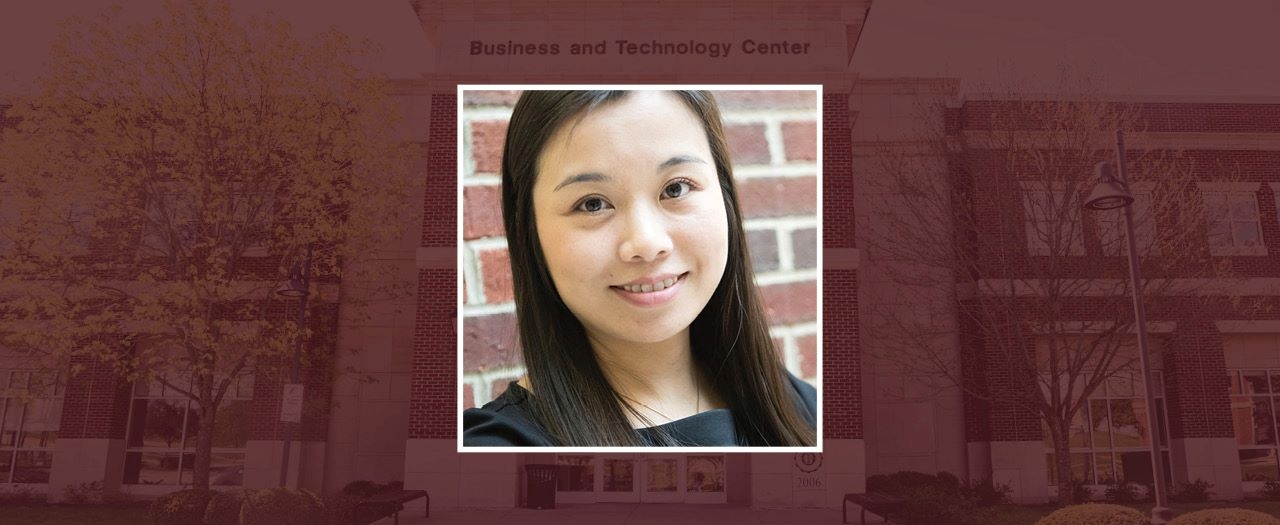Helping others understand and measure the consequences of risk taking is the specialty of Dr. Siwei Gao, Thomas and Rebecca Coffey Professor of of Insurance Studies.
One concept Gao recently studied is the risk that many take when they get behind the wheel of a car while drowsy. While we know that driving while drowsy is not the smartest thing to do, the need to travel overtakes our aversion to that risk. Punishing drowsy drivers who cause accidents may be a logical thought, but Gao asserts that may not be the most fair decision.
“I am a proponent that people should be responsible for their behavior and consequences,” she said. “Drowsy driving is different from driving under the influence. With DUI, the person behind the wheel does have a choice not to take the drug/alcohol. With drowsy driving, the driver might not have that choice. People with more resources have the choice of paying someone else to drive and avoid drowsy driving. However, people with less financial resources may not have such options.”
This holistic approach to risk management -- a desire to see the opportunities on both sides of the risk equation -- is what intrigues Gao about her work.
“Being able to help when people and their community are in their most vulnerable situation is what attracts me to the field of risk management and insurance,” she said. “It is a powerful toolset that navigates us humans into the unknown. It is what differentiates modern times from the past when the future was no more than a whim of the gods.”
Class discussion regarding these concepts is interesting, Gao said, because most class concepts come from real-world situations.
Lyndsey Johns, junior finance major from Richmond, said she learned a lot about the nuances of risk management through Professor Gao’s class.
“One assignment gave us a situation where a manufacturing company incurred different insured losses,” she said. “We had to explain how much money the company received based on different types of deductibles. It gave us knowledge about the different types of deductibles we could run across in the future.”
